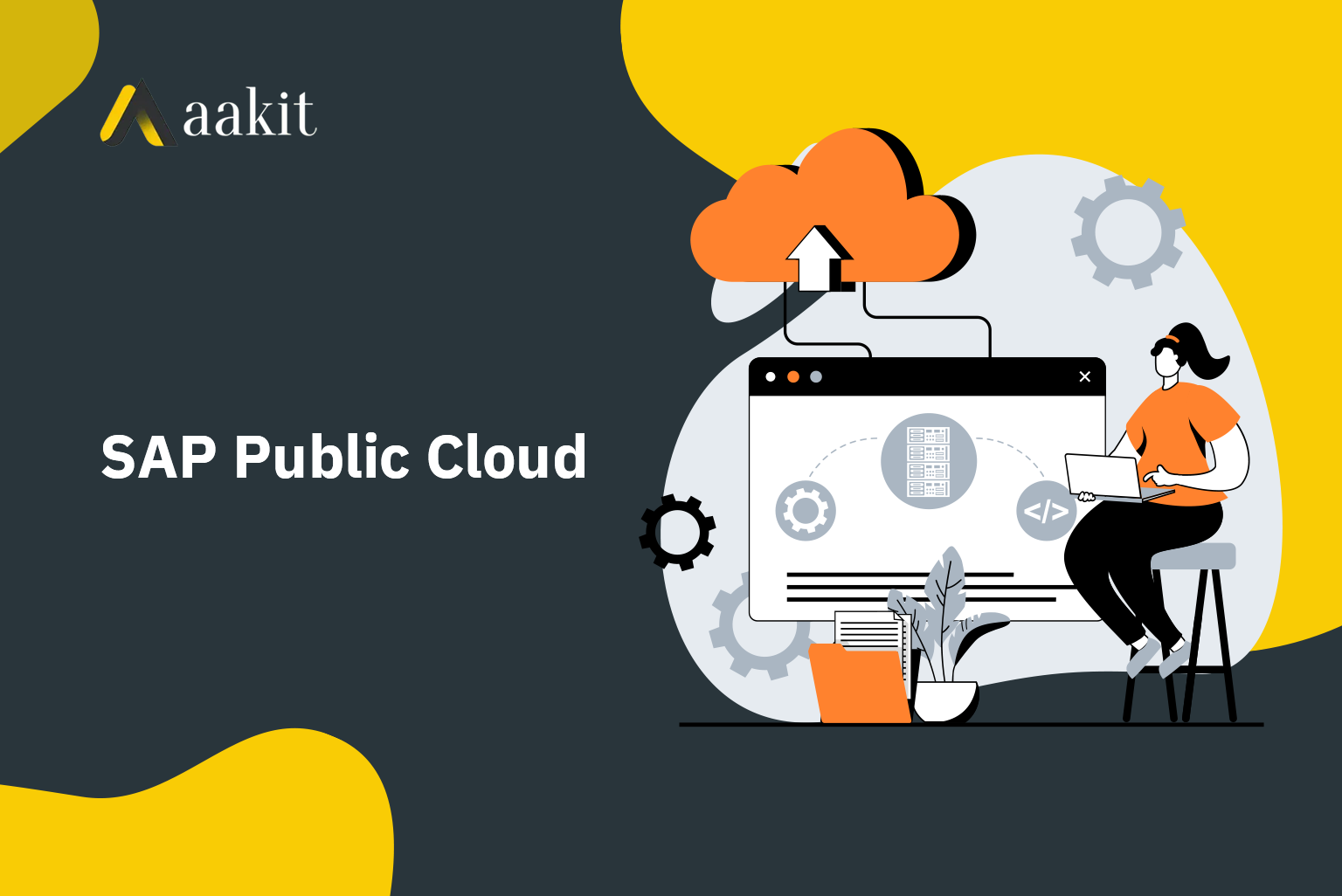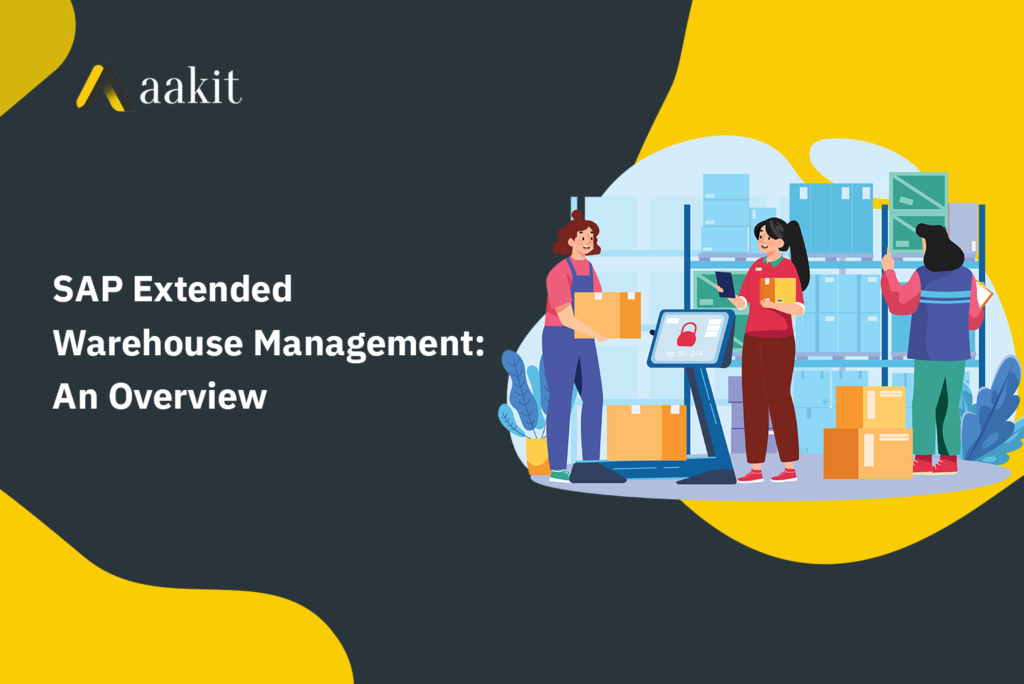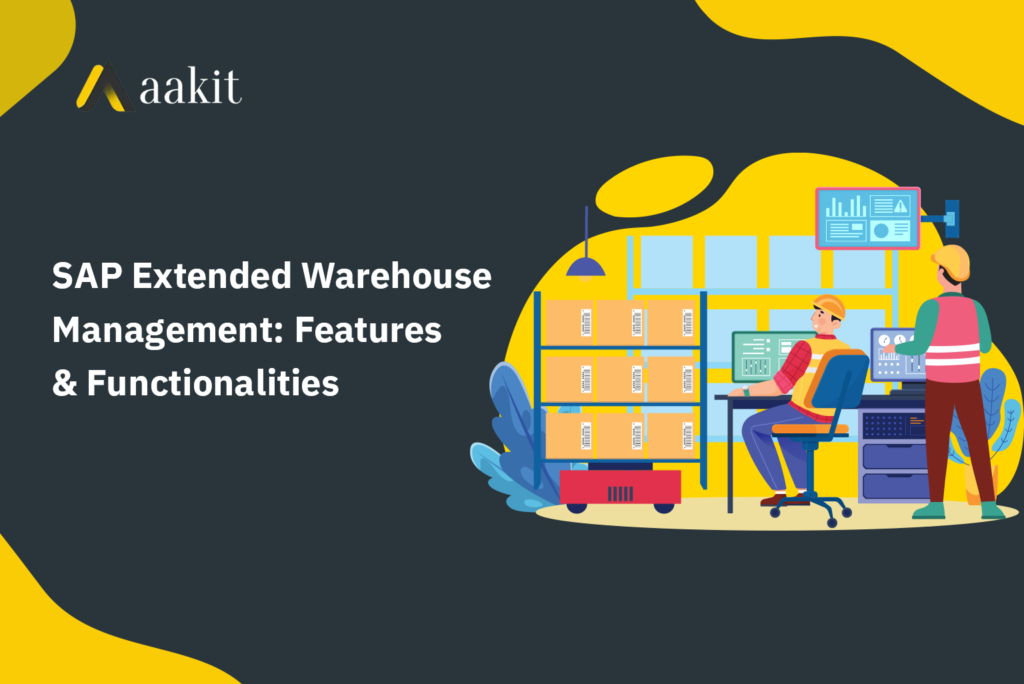
Cloud computing has become an indispensable part of businesses of all sizes, providing a platform for enhanced efficiency, scalability, and cost savings. It allows users to access their shared files and data from anywhere and anytime using any device. It is significantly more secure than traditional computing and offers scalability and quicker resource access.
With the ability to access data and apps via the Internet, cloud computing has completely changed how businesses function today. As the cloud computing market grows, its valuation is expected to exceed $1614.10 billion by 2028. It allows users to run software without having to install anything on their devices, which makes managing IT resources like servers, firewalls, and storage easier for businesses.
SAP Public Cloud is one of the most reliable cloud computing solutions available to organizations, as it offers supreme data privacy and optimized performance with maximum simplicity. SAP Public Cloud provides businesses with the industry-leading technology they need to excel in today’s digital economy. Let’s now dig deeper into the capabilities of the SAP public cloud.
SAP Public Cloud is SAP’s cloud service platform that offers enterprises powerful on-demand computing and storage capabilities. It is designed to enable faster processing of large datasets, improve agility in the face of changing market needs, reduce IT overhead and provide a reliable cloud platform for businesses.
SAP Public Cloud services offer various benefits, such as improved security with data encryption, accelerated collaboration and co-creation among different teams, access to cutting-edge SAP innovations with rapid deployment timeframes, and cost savings achieved through economies of scale.
SAP Public Cloud provides a secure and resilient enterprise-ready environment where businesses can develop and run apps with greater agility to unleash business value far beyond basic IT capabilities.
Features of SAP Public Cloud
Featuring inbuilt intelligence, SAP Public Cloud offers scalability and significantly lower TCO compared to other cloud ERPs. Its main features include the following:
- On-demand scalability: SAP Public Cloud enables organizations to quickly scale up or down as needed to meet changing demands.
- Operational efficiency: SAP Public Cloud guarantees high availability and performance to ensure maximum operational efficiency.
- Security: SAP Public Cloud provides a secure cloud environment with encryption and access control for data protection.
- Cost efficiency: SAP Public Cloud helps organizations control costs by offering pay-as-you-go pricing models.
- Industry know-how covering end-to-end processes: SAP Public Cloud simplifies managing infrastructure and applications with automated tools.
- Multi-tenancy: SAP Public Cloud enables organizations to deploy and manage multiple applications on a shared infrastructure easily.
Benefits of SAP Public Cloud ERP
-
Rich functionality and industry coverage
SAP Public Cloud ERP offers a rich set of features and industry-specific functionality to help companies manage their entire business in the cloud. This includes financials, human resources, supply chain, manufacturing, customer service, and more. This allows for greater visibility and improved decision-making.
SAP Public Cloud is highly extensible, allowing companies to add new services and functions. This helps organizations stay agile and responsive to changing business needs. It also allows them to rapidly adjust their operations to better meet customer demands and requirements.
SAP Public Cloud offers a comprehensive set of tools, features, and integrations that enable companies to quickly extend their existing processes and systems. This helps organizations stay ahead of the competition and provide the best user experience.
SAP Public Cloud is a fully integrated, cloud-based enterprise resource planning platform that enables companies to manage their operations better. It enables companies to extend their core business processes into the cloud, giving them access to services and data that would otherwise be inaccessible. SAP Public Cloud offers a highly extensible platform that allows companies to add new functionality and integrations as their business evolves.
SAP Public Cloud covers a wide range of industries and provides tools tailored to the specific needs of each industry. This allows companies to customize their ERP solution to their individual needs, ensuring they have the right tools and processes to meet their specific requirements.
SAP Public Cloud Scope
- Sourcing and Procurement
- Manufacturing
- Project Management
- Supply Chain
- Sales
- Service
- Finance
How to Integrate SAP Public Cloud Successfully?
Understanding the fit of SAP Public Cloud is essential to making a successful switch. SAP provides details on its website about how businesses can incorporate SAP Public Cloud technology into their existing infrastructure.
Additionally, SAP provides guides, tutorials, resources, and support on integrating SAP Public Cloud with current applications and processes. With prior research and understanding, businesses may find SAP Public Cloud easier to operate than expected. Therefore, it is vital for companies considering SAP Public Cloud to take the time necessary to understand the fit before fully committing.
When integrating the SAP Public Cloud, it is essential to establish clear goals that are measurable and aligned with the company’s overall strategy. This will help the team understand the project’s purpose and work towards a common goal. The team should be provided with training and support throughout the integration process. This will help ensure team members are empowered to make informed decisions and complete their tasks efficiently.
-
Assign roles and responsibilities
An implementation plan should outline the steps to achieve the project objectives. This should include timelines, tasks, resources, and quality assurance measures. The team should be assigned roles and responsibilities to ensure everyone knows their tasks and fits into the project. This will enable team members to collaborate effectively and support one another.
-
Be realistic and monitor the progress
Once the integration is complete, evaluating the team and the project’s performance is crucial. This can help identify areas for improvement and ensure the successful integration of SAP Public Cloud in the future.
Conclusion
SAP Public Cloud allows businesses to move to the cloud and improve access to SAP applications for employees and customers. It also enables organizations to reduce IT infrastructure costs while making data more accessible. By adopting SAP Public Cloud, businesses can gain much in terms of time, cost, and human resources – making cloud computing essential to stay competitive in the ever-evolving market. To know more about SAP Public Cloud and how it can help your business achieve its goals, talk to our experts today!


